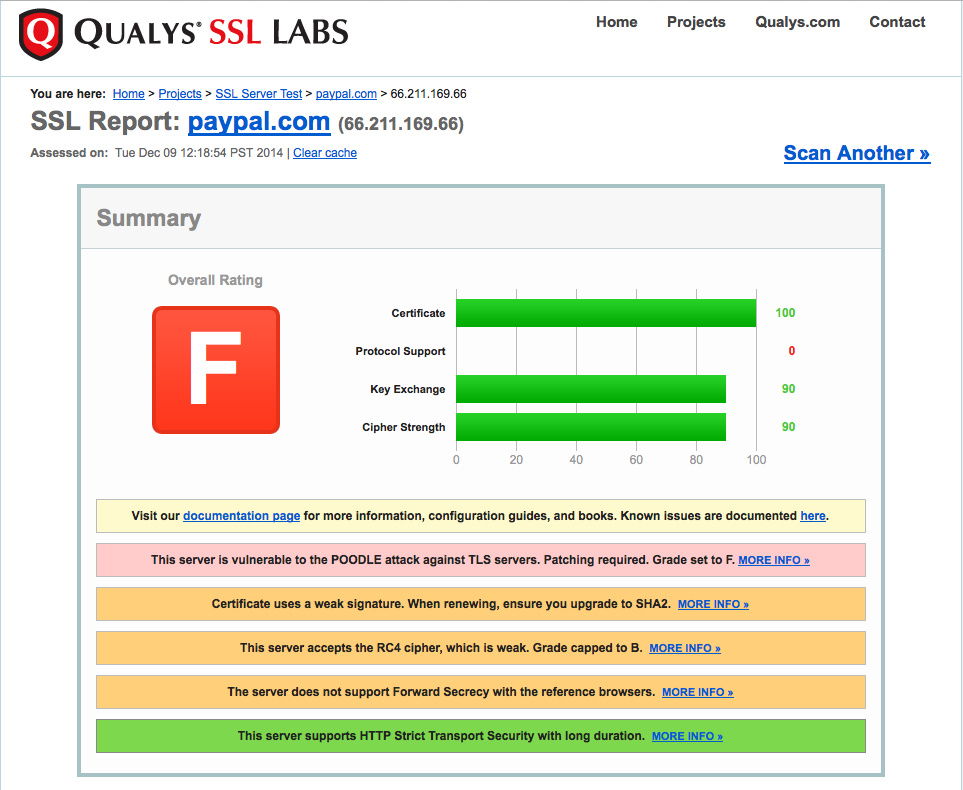Sony has been on the Internet’s shit list at least since it included a rootkit on one of its audio CDs back in 2005. While nothing it has done since then has been as egregious in my opinion the company also hasn’t done anything to improve its image. Removing the feature on the PlayStation 3 that let you install Linux certainly didn’t go over well with people who paid for it.
Based on Sony’s reputation it shouldn’t surprise anybody that it was targeted for one hell of a nasty hack. But it still hasn’t learned its lesson. Since the hack Sony has been a really poor sport. It tried using Distributed Denial of Service (DDoS) attacks in a futile attempt to stop the data stolen in the hack from spreading. Now Sony is threatening to sue Twitter if it doesn’t ban accounts sharing stolen data:
Sony’s battle on people disseminating its hacked and leaked emails has extended from news outlets to random Twitter users to, now, Twitter itself. Sony’s lawyer has threatened Twitter with legal action if the social networking company doesn’t ban accounts that are sharing the leaks, according to emails obtained by Motherboard.
The letter—sent from David Boies, the lawyer Sony has hired to help guide it through the aftermath of the hack, to Vijaya Gadde, Twitter’s general counsel—says that if “stolen information continues to be disseminated by Twitter in any manner,” Sony will “hold Twitter responsible for any damage or loss arising from such use or dissemination by Twitter.”
The only thing shenanigans like this will get Sony is more wrath from the Internet. At this point the only sane thing for Sony to do is admit defeat and work on tightening its security so this doesn’t happen for a third time. Once data has leaked onto the Internet there is no way to stop it from propagating. It’s not even possible to slow the rate of propagation in any meaningful way. The Internet exists to disseminate information. Any attempt to prevent it from doing that will not end well for you.
